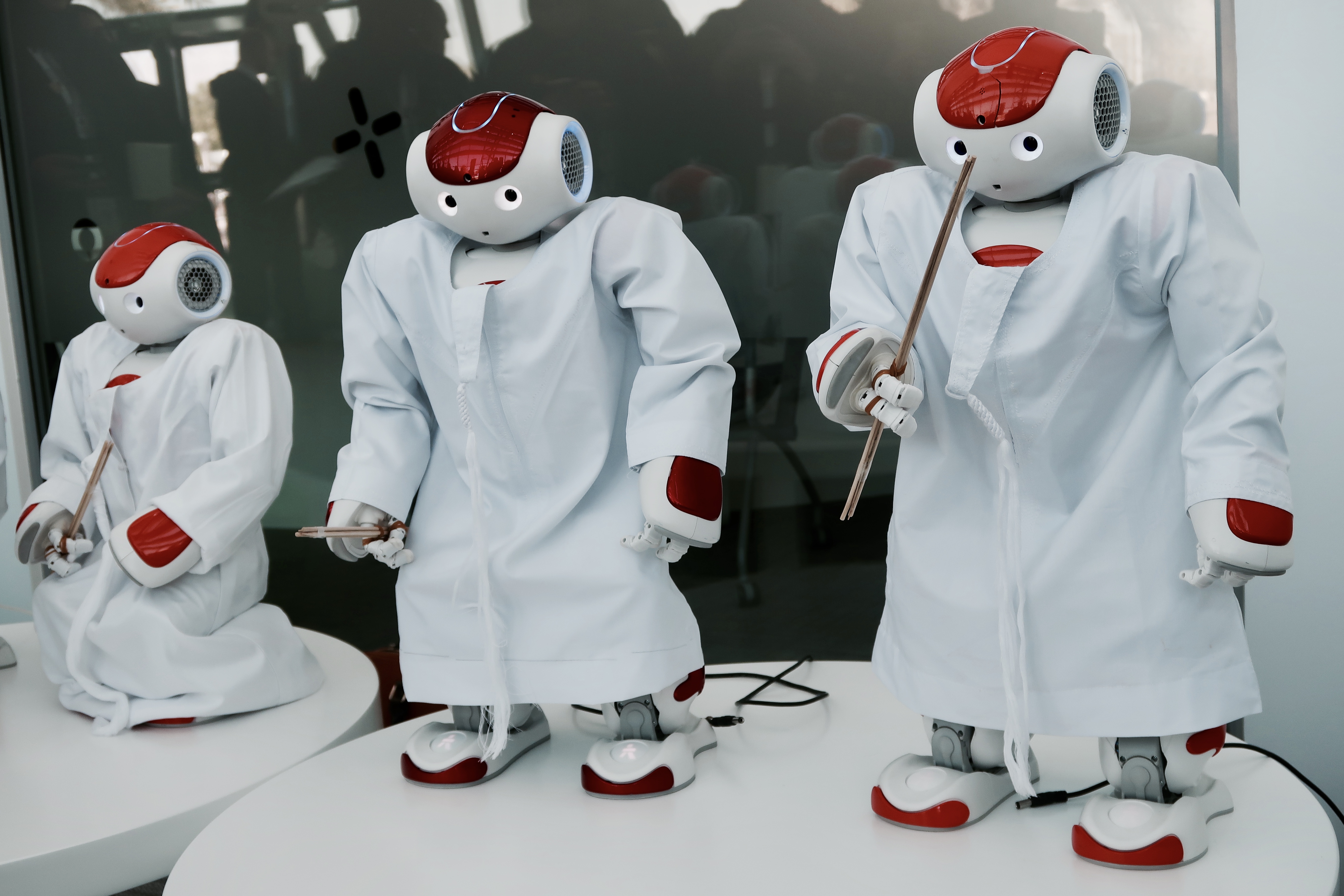Boston, Re-Work Deep Learning Summit – 23-24.5.2019
Deep Dive Workshop (May 23): Ethics Analysis in Product Development
An interactive, discussion-based workshop that helps participants identify and think through ethical issues that arise in developing an AI product.Working in groups, participants will apply core ethical concepts to a particular product in development. Groups will focus on different stages of the development process, identifying the relevant ethical concerns, revealing the value trade-offs, and devising solutions or safeguards to mitigate risks. This exercise introduces participants to ethics analysis during & of AI products while utilizing their own expertise in the process.












